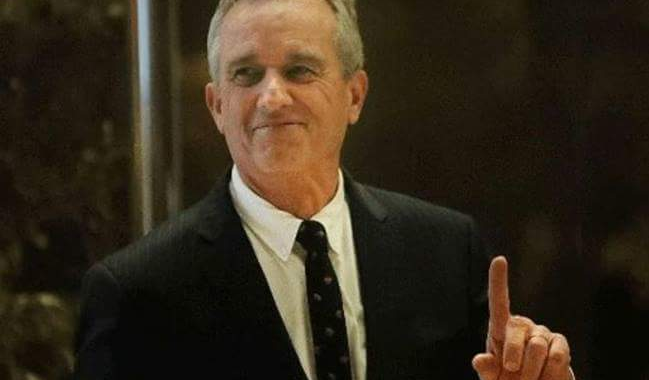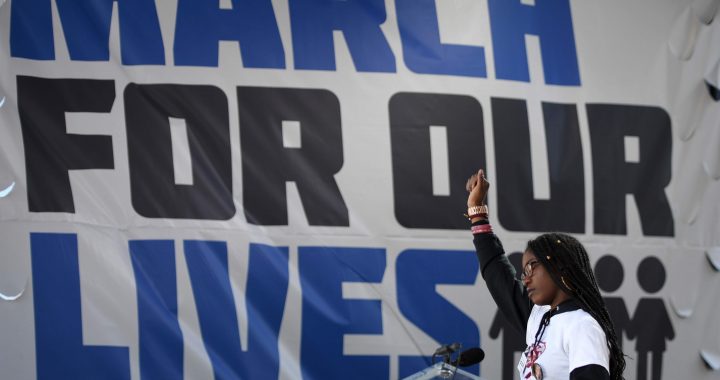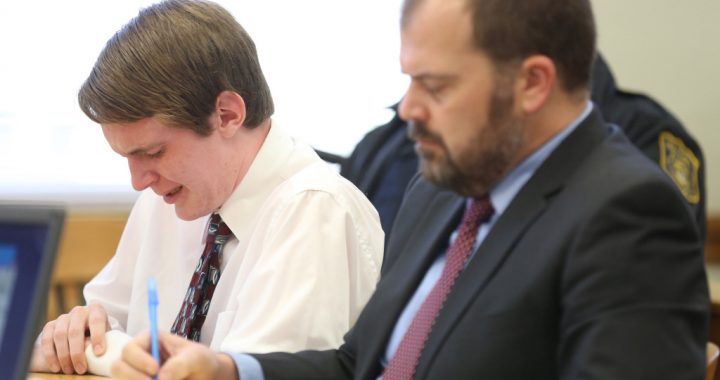Paragraph one reads “PATRICK Rocca’s suicide last January made headlines all over the world, with some drawing parallels between the millionaire businessman’s death and the end of the Celtic Tiger.”
Paragraph 9 reads: “Garda Desmond Dowd, who was the first garda on the scene on the morning of January 19, said Mrs Rocca told him that her husband ‘had been suffering from depression for the past few weeks, and was taking medication for same’.”
http://www.independent.ie/national-news/courts/rocca-was-depressed-and-wanted-to-end-it–brother-1770976.html
Rocca was depressed and wanted ‘to end it’ — brother
By Jason O’Brien
Friday June 12 2009
PATRICK Rocca’s suicide last January made headlines all over the world, with some drawing parallels between the millionaire businessman’s death and the end of the Celtic Tiger.
Yesterday, at Dublin County Coroner’s Court, the true tragedy of the 42-year-old’s death was played out in grim reality.
His brother, Bernard, told how Patrick had been depressed in December, but was “back to himself somewhat” in the weeks before he died.
His wife, Annette, told how she returned to the family home in Castleknock in Dublin after dropping their two boys to school on January 19, only to find her husband lying in the garden with a shotgun at his feet.
She “knew by his colour that he was gone”.
They both spoke of how they wanted him to be remembered as “a decent and honourable man . . . a loving husband and father”. But, despite their hopes, his death will be recalled in other ways.
The US news channel CNBC described the property tycoon as the first high-profile victim of Ireland’s financial crisis, the London ‘Times’ named him as the poster boy for the Celtic Tiger, and the ‘New York Times’ said his suicide was an example of the steep personal toll of global recession.
Turmoil
There was no mention of Mr Rocca’s alleged financial turmoil during the brief court sitting in Tallaght yesterday.
Garda Desmond Dowd, who was the first garda on the scene on the morning of January 19, said Mrs Rocca told him that her husband “had been suffering from depression for the past few weeks, and was taking medication for same”.
Bernard Rocca confirmed he was aware that “things were very bad for him” shortly before Christmas. “He told me he was going to end it,” Bernard Rocca told the inquest. “His eyes were glassy, he hadn’t been sleeping, he wasn’t himself at all.”
A doctor was called for Patrick Rocca on December 20, and he was given medication.
His brother told how Patrick seemed better after Christmas and into the New Year, and was looking forward to a trip to Dubai with his family.
Bernard last spoke to him three days before he took his life. “He seemed to be his normal self, busy,” he said yesterday. “I was unaware that it would come to this.”
In her evidence Mr Rocca’s widow, dressed all in black, said that her husband had not been sleeping well, and on the morning of January 19 had gotten out of bed to work in the early hours.
He returned to bed at 7am, and was still there when she was dropping their two young boys to school. However, when she returned at 8.30am he was not in bed.
She saw their gardener outside and asked him had he seen Patrick. He had not. But she found him lying in the garden, lifeless. “I checked his pulse but knew by his colour that he was gone,” she said. Mrs Rocca called the emergency services and a neighbour for support.
A post mortem would later find that Mr Rocca died instantaneously from massive cranial and brain injuries following a single shotgun blast to the head.
Mrs Rocca, who was visibly upset yesterday, did not wish to add to her garda statement. “He was a decent and honourable man, he cared for everybody, loved everybody, a loving husband and father, and we would like Patrick remembered in that way,” she said.
Coroner Dr Kieran Geraghty said Mr Rocca clearly intended to take his own life and recorded a verdict of death by suicide.
– Jason O’Brien
Letter to the editor on this case by Ann Blake-Tracy:
Patrick Rocca DID NOT Commit Suicide
Patrick Rocca did not get a chance to become the first to fall victim to the recent financial turmoil because an antidepressant ended his life before the financial turmoil could. After specializing in antidepressant adverse reactions for two decades I respectfully challenge the verdict of the Dublin County Coroner in the death of Mr. Rocca.
As an expert witness to antidepressant adverse reactions I would have ruled that Mr. Rocca died as a result of an antidepressant-induced REM Sleep Behavior Disorder (RBD) in which 80% of the patients hurt themselves or someone else. The involvement of an antidepressant in these disorders is extremely high – of those being diagnosed with RBD in the US 86% are taking an antidepressant.
This is the same adverse reaction comedian Phil Hartman’s wife suffered which cost both her life and his a decade ago. You are not conscious in RBD and therefore, do not have sufficient conscious thought to make the decision to take your life. Instead, what the patient does is act out in a sleepwalk state the nightmare they are having.
Another example of this would be found in the first story related in the movie “The Drugging of Our Children” (www.drugawareness.org) where a young man in in the US in the state of Washington took a gun to school, held his classmates at gunpoint for 45 minutes, and to this day six years later can recall none of it. The last he recalls is going to back to bed that morning because he did not feel well.
Had Patrick Rocca somehow survived his wounds I believe he would relate the same. He may have taken his life, but I do not believe he was aware of what he was doing at that time. It is not right that his family be left with the stigma of suicide when it is not real. Since antidepressant manufacturers have never warned of this adverse reaction “negligent homicide” on their part would be a more accurate conclusion in this case.
Ann Blake-Tracy, Executive Director,
International Coalition for Drug Awareness
www.drugawareness.org & www.ssristories.drugawareness.org




